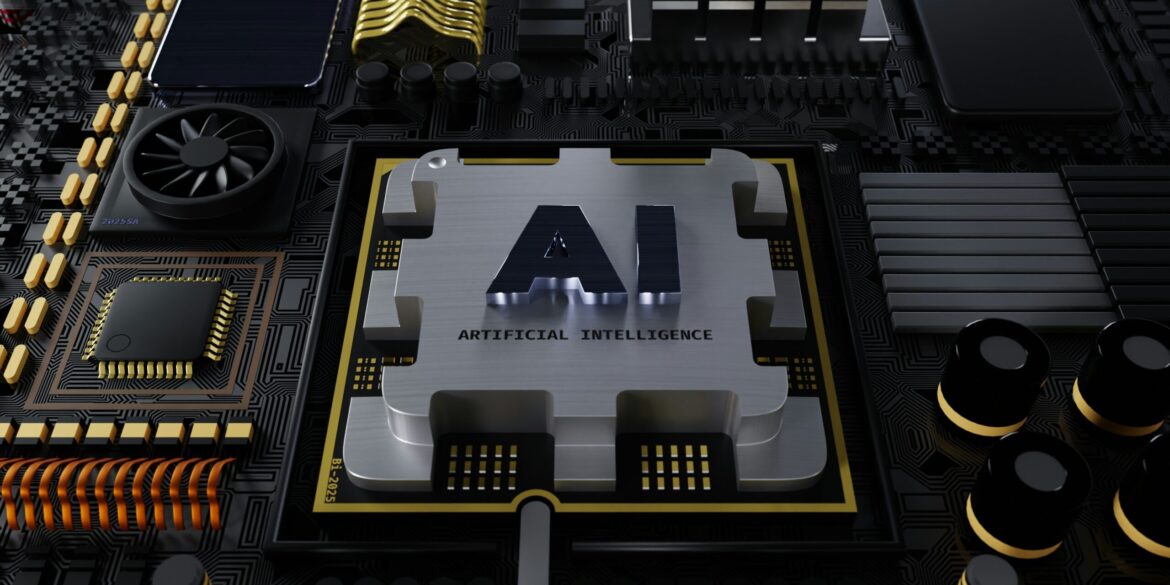The PropTech sector is experiencing a major transformation in 2025, largely driven by advancements in Artificial Intelligence (AI) and the Internet of Things (IoT). These cutting-edge technologies are reshaping how properties are managed, how real estate transactions are conducted, and how tenants interact with their living and working environments. As the adoption of AI and IoT continues to accelerate, they are not only optimizing operational efficiency but also enhancing tenant satisfaction and sustainability, revolutionizing the real estate industry in profound ways.
AI-Powered Property Management
AI is revolutionizing property management by automating many of the time-consuming and labor-intensive tasks that have traditionally required human intervention. Lease processing, maintenance requests, and tenant communications are now more efficiently handled through AI algorithms. These systems use machine learning to analyze vast amounts of data and predict when maintenance is required, allowing property managers to proactively address issues before they become major problems. For example, AI can forecast when HVAC systems are likely to fail or when plumbing might require attention, helping to reduce costs and minimize downtime.
Moreover, AI plays a crucial role in optimizing energy usage within buildings. By analyzing data from building systems, AI can suggest adjustments to improve energy efficiency, potentially leading to significant cost savings and a smaller environmental footprint. The automation of security measures, such as surveillance and access control systems, further contributes to the safety and efficiency of properties. Overall, AI’s impact on property management is profound, streamlining operations, reducing overhead, and making buildings smarter and more sustainable.
Read Also: https://toplistings.com/ai-and-iot-drive-proptech-innovations-in-2025/
IoT-Enabled Smart Buildings
IoT is taking the concept of “smart buildings” to new heights, enabling property owners and managers to create more responsive and adaptable environments. By integrating IoT devices, buildings can monitor and control various systems, such as lighting, heating, ventilation, and air conditioning (HVAC), in real-time. Sensors are able to detect occupancy levels and environmental conditions, automatically adjusting these systems to optimize energy consumption based on actual needs rather than pre-set schedules.
For example, IoT sensors can dim lights in empty rooms or adjust the temperature in real-time depending on the number of occupants, helping to conserve energy while maintaining a comfortable environment. This technology not only contributes to sustainability but also enhances the overall user experience, as it ensures that living and working spaces are always at the ideal temperature and lighting level. The potential for energy savings is vast, and these innovations are helping buildings move toward more sustainable and eco-friendly operations.
Enhanced Tenant Experiences
The integration of AI and IoT into properties is not just about improving management and operational efficiency—it is also about enhancing the experience for tenants. As both residential and commercial properties become more connected, tenants are enjoying smarter and more personalized environments. In residential buildings, voice-activated assistants, such as Amazon Alexa or Google Assistant, are becoming standard features, allowing tenants to control everything from lights to thermostats to security systems with simple voice commands.
Furthermore, personalized climate controls, automated lighting systems, and even smart appliances are making it easier for tenants to manage their environments. These technologies adjust automatically to the preferences of individual occupants, ensuring that every space is optimized for comfort and convenience. In commercial spaces, this kind of personalization allows businesses to create more comfortable and efficient workplaces for their employees, fostering higher productivity and satisfaction.
With the proliferation of IoT and AI, security and convenience are being enhanced. Smart locks, surveillance cameras, and motion sensors make properties more secure, while automated systems ensure that tenants can enjoy a seamless and stress-free living or working experience. These advancements are reshaping how people interact with their environments, leading to a higher standard of living and a better overall tenant experience.
As AI and IoT continue to drive innovation, the PropTech sector is poised for even more significant transformations in the years to come. These technologies are not only making properties smarter and more efficient but also contributing to more sustainable and personalized experiences for tenants. The potential for growth and innovation in this space is immense, as AI and IoT work together to create a new era of intelligent, interconnected buildings and communities.

